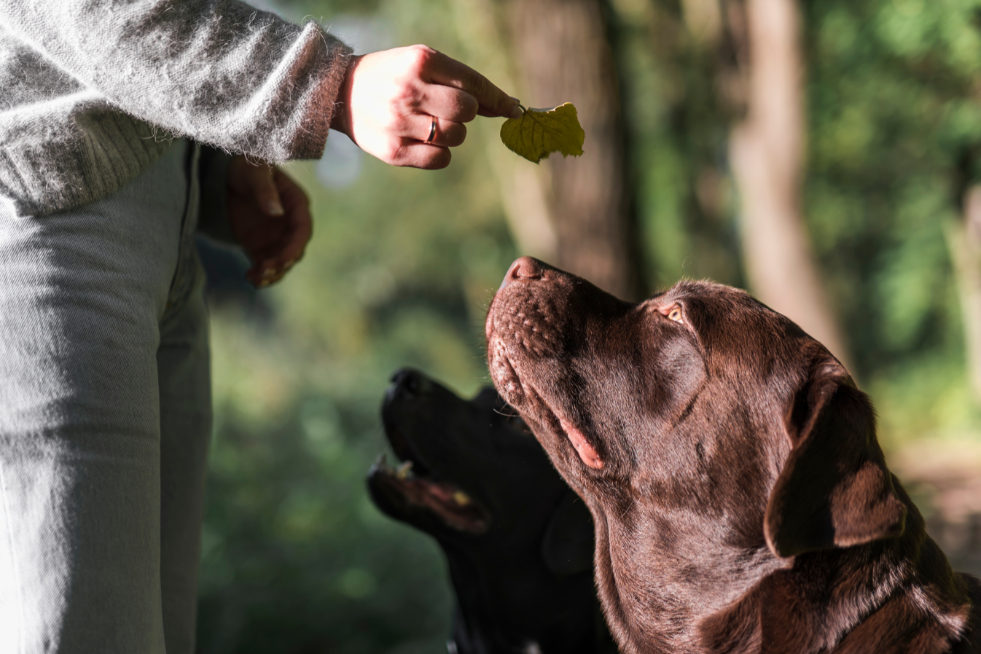Bringing a new pup home is pawsitively exciting—but training is where the real magic begins. Training doesn’t just shape behavior—it strengthens your bond, supports your dog’s health, and keeps them safe. Early intervention is easier than correction, but training can start at any age. If you’re on the fence about enrolling in a dog obedience course or hiring a professional dog trainer, here are the key reasons training is so important.
Safety First
Obedience is critical to keeping your dog safe in a world filled with hazards. A solid recall command can prevent your dog from running into traffic, confronting other animals, or getting lost. Whether you’re at a park, on a hike, or just in your front yard, your dog will stay out of harm’s way if they come back when you call. Dog trainers can help reinforce these life-saving commands through consistent, positive reinforcement.
Improving Behavior and Habits
A mentally and physically stimulated pup is less likely to act out—and more likely to be a loving part of the pack. Physical activity builds strength and assists in weight management, while mental stimulation leads to agility and problem-solving skills. Training also supports “toilet” training and steers your dog away from negative behaviors like chewing furniture and barking excessively.
Most experts recommend positive reinforcement in dog training, where your pup is rewarded (with treats, praise, or play) when they obey. This encourages desirable behavior and makes dog obedience training feel like a game rather than a chore. Unlike punishment-based methods, reward‑based training helps pups build confidence from the inside out.
Socialization
A well-behaved pup is a people-friendly pup. Dog training will improve your dog’s comfort and confidence around new people, pets, and places, making it easier to include them in public outings and family gatherings, welcome visitors, find a dog sitter, or leave your pup at a dog boarding facility. Plus, confident dogs attract friendly attention, helping you meet fellow pet-parents!
Strengthening Your Bond
The heart of dog training is connection. It’s only natural to be agitated when your pup is jumping, pulling their leash, or running off—but constant discipline puts a strain on your relationship. Training builds trust and communication, while minimizing negative exchanges. When your pup learns to follow commands, they learn to trust you as a leader in a gentle, respectful way. Plus, training time is bonding time!
A Happier Pup
Training may teach good behavior, but it goes past simple commands like “sit” and “stay.” Dogs thrive on structure and consistency. Without it, they may feel uncertain or anxious about their role in the home, prompting them to “act out” by chewing, barking, whining, pacing, or having accidents. At their core, your pup is a pack animal, and if they understand their place in your shared home, they will no longer test boundaries and be met with negative reactions. Positive reinforcement leads to a positive pup.
Let Us Help
Good behavior leads to a happier home and a happier pup. Training improves your dog’s quality of life, safety, and confidence, allowing you to worry less and share your love more. Learn more about what dog training option may be right for you.

